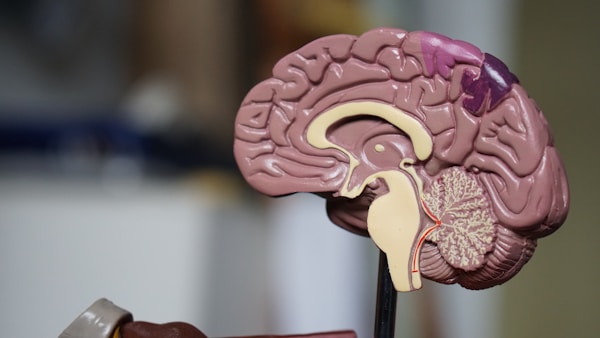End-of-life care for Alzheimer’s disease can be a difficult and overwhelming concept to understand. With the increasing number of people suffering from the disease and its associated symptoms, it is important to have a basic understanding of what this type of care entails. From palliative care to hospice services, this article will explore the different approaches to end-of-life practices for Alzheimer’s disease. Keep reading to learn more about the options for Alzheimer final stage.
What is the final stage of Alzheimer’s disease?

The final stage of Alzheimer’s disease is characterized by significant physical and cognitive decline. This can include changes in the person’s ability to communicate, as well as a decrease in functional abilities such as eating or dressing. People in the late stages of Alzheimer’s may experience confusion, disorientation, and memory loss that can lead to frequent wandering, increased agitation and aggression, incontinence, difficulty swallowing, and poor nutrition. In addition to these issues, people with advanced stages of Alzheimer’s are also more vulnerable to infections like pneumonia, which can be fatal if not treated quickly enough. During this time, families should focus on providing comfort for their loved one rather than trying to keep them independent any longer; it is important to remember that a person who has reached this stage cannot be cured but they can still receive compassionate care and support from family members.
What is end-of-life care?
End-of-life care is a type of medical and emotional support provided to individuals facing the end stages of their lives. It focuses on providing comfort, dignity, and respect for the patient while helping them manage pain or other distressing symptoms. This type of care is particularly crucial in cases where someone has been diagnosed with Alzheimer’s disease as it can help to ease their transition from life into death. Understanding this type of care for Alzheimer’s disease will help families understand what they can expect during this difficult time so that they can make informed decisions about how best to provide care and ensure that the individual’s wishes are respected. The primary focus of this type of care for those with Alzheimer’s is ensuring comfort and dignity in the last days or weeks before passing away. A hospice team typically provides 24/7 monitoring, treatments such as medications, counseling services for both patients and family members, spiritual guidance if desired by the patient, assistance with daily activities, and advocacy services including legal advice related to issues surrounding long term care planning. It’s all about quality of life rather than quantity.
What does it mean to focus on quality of life?

Focusing on quality of life refers to your loved one’s comfort and dignity as opposed to a focus on extending their lifespan. Promoting comfort through activities and companionship is an essential part of care for people with Alzheimer’s disease. This approach focuses on providing meaningful engagement that can help to reduce feelings of loneliness, boredom, depression, and anxiety. It also helps to provide a sense of purpose and belonging. Engaging in activities such as listening to music, reading books or magazines, writing letters or stories, playing cards or board games, watching movies or television shows, and going on walks outside when possible can bring comfort during this difficult time. Additionally, it allows a person living with Alzheimer’s to stay socially connected even if they are not able to have visitors due to health concerns. Ultimately, it provides a way for them to experience joy and make meaningful connections during the last stage of Alzheimer’s disease.
Overall, understanding quality care for Alzheimer’s disease is essential to ensure that individuals with this condition receive the highest quality of care and support possible during their end-of-life journey. It is important to be aware of the various medical, emotional, and spiritual needs that may arise and to have a plan in place to address them. With the right level of understanding, individuals and their loved ones can work together to make the end-of-life experience as positive and meaningful as possible.


